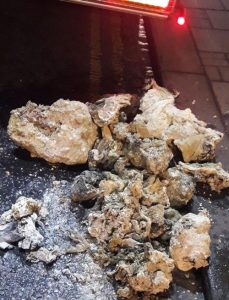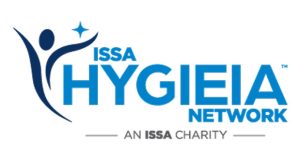New guidance on grease management for commercial kitchens has been published, with the aim of ensuring businesses in the UK meet regulations and keep cooking fat out of the sewer system.
The Grease Contractors Association, a non-profit organisation of specifiers, installers and maintainers of grease management systems, aims to raise awareness of the relationship between sewer blockages and grease management. This includes working with the hospitality industry and water and wastewater companies to advise on the most appropriate grease management systems.
The Grease Management Equipment Guide was written to give clear advice on the specification, supply, installation and maintenance of all types of system, and the legal requirements in place to prevent fat from entering drains and sewers.
Mar Batista, Secretariat of the Grease Contractors Association and Head of Programmes at administrator British Water said: “In the UK, water companies spend £100 million every year clearing blockages caused by items that should never have entered the sewage system.
 “Cooking fat, oil and grease cause particular problems in the sewer system, solidifying to contribute to pipe-blocking fatbergs. These can have devastating impacts on the environment – there is a very clear link between FOG blockages and the sewer spills that damage businesses, homes, rivers and the sea.
“Cooking fat, oil and grease cause particular problems in the sewer system, solidifying to contribute to pipe-blocking fatbergs. These can have devastating impacts on the environment – there is a very clear link between FOG blockages and the sewer spills that damage businesses, homes, rivers and the sea.
“Amongst some food establishments, there appears to be confusion around legislation, standards and the range of appropriate solutions to use for grease management. We believe that consistent messaging and accessible information, combined with industry collaboration, education and innovation is key to the fight against fatbergs.”
The guide also aims to increase awareness of legislation in the UK, helping businesses avoid penalties and prosecutions. In England and Wales, the Water Industry Act 1991 (Section 111) gives water companies the power to bring a criminal proceeding against anyone who causes injury or inhibits the free flow of the sewer network. Similar legislation applies in Scotland and Northern Ireland.
Batista said: “While, historically, court action against food service establishments has been rare, two prosecutions from Thames Water in 2021 show a trend towards tougher penalties can be expected for businesses who do not have the correct grease management in place.
“We hope that by providing some clarity to the complex area of grease management, we can help businesses operate within legislation, avoid inconvenient, costly and damaging sewer blockages and protect their local environment.”
The free guide can be downloaded here – https://www.britishwater.co.uk/page/GCA





